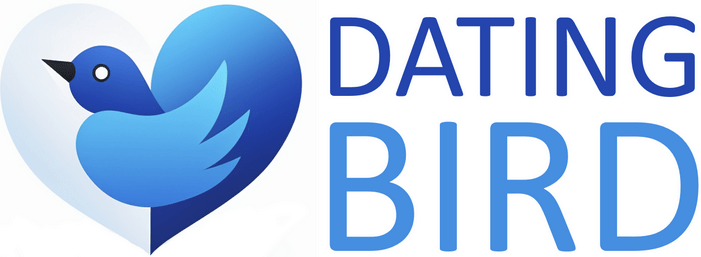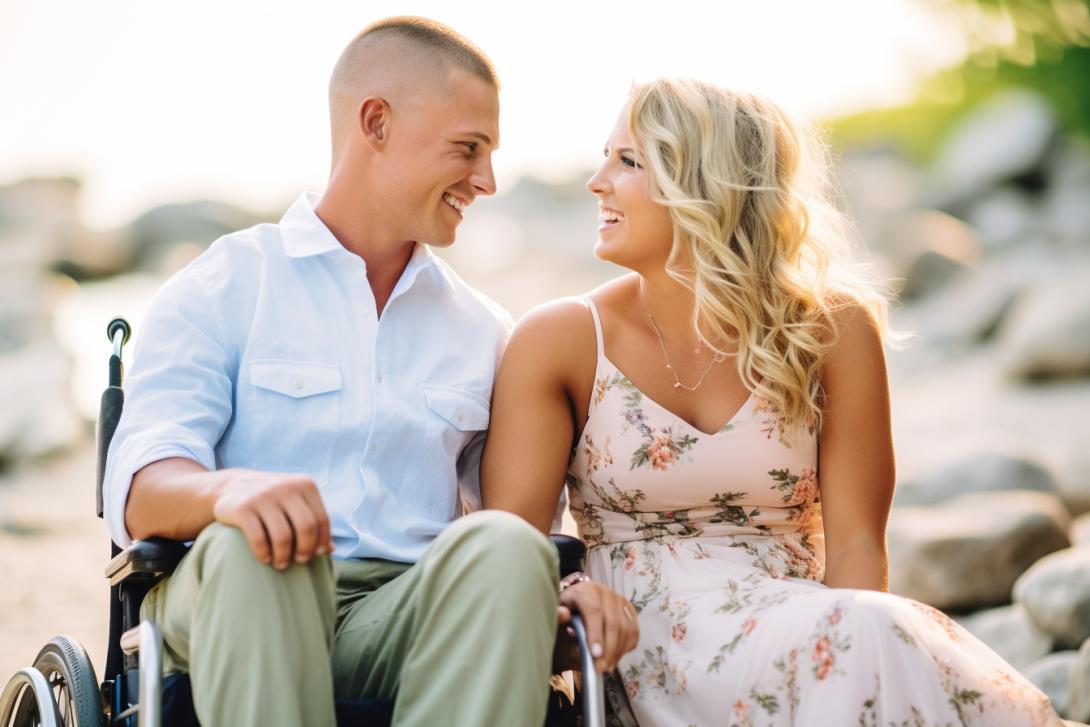Well, my friends, it's time to shift our focus from family and friends to the digital world of online dating. Now, you might be scratching your head thinking, "Online dating? Really?" But trust me, it's become a game-changer in the world of disabled relationships.
Let's start with a quick overview. Online dating is, quite simply, the practice of searching for a romantic or sexual partner on the internet. It's as easy as pie and as exciting as a mystery novel. But for our friends with disabilities, it's so much more. It's an opportunity to find love and companionship without the physical barriers that may exist in the offline world.
There are numerous benefits of online dating for disabled individuals. It provides a platform where they can meet people from all walks of life, and from the comfort of their own home. It allows them to showcase their personality, interests, and desires in a judgement-free space. And let's not forget, it's a place where they can find someone who understands their unique journey and can support them through it.
But, like a coin with two sides, online dating comes with its challenges. The fear of being judged or misunderstood can be daunting. The risk of encountering scammers or people with ill intentions is real. And let's not sugar-coat it, finding genuine, lasting connections online can be like finding a needle in a haystack.
So, how do we overcome these challenges? First, be honest about your disability. It's part of who you are, and anyone worth dating will appreciate your transparency. Second, be vigilant and trust your instincts. If something feels off, it probably is. Lastly, remember that it's okay to take things slow. Love isn't a race, after all.
And there you have it, folks! The world of online dating in a nutshell. Next up, we'll be diving into the nitty-gritty of creating an effective online dating profile. But remember, it's not about creating a 'perfect' profile, it's about creating an 'authentic' one. So, are you ready to take the plunge into the world of online dating?
"Online dating is an opportunity, not a challenge. It's about finding someone who understands your journey, not someone who defines it."
How to Create an Effective Online Dating Profile
Ready to dive into the world of online dating? Perfect! But remember, this isn't about crafting a 'flawless' profile. It's about creating an 'authentic' one that reflects your personality and attracts the right matches. So, let's get started, shall we?
First things first, honesty is your best friend. It may be tempting to embellish a bit (or a lot) to make your profile seem more appealing. But remember, the goal here isn't to attract just anyone. It's to attract someone who appreciates you for who you are, disability and all. So be genuine about your interests, your personality, and yes, your disability.
"In the world of online dating, authenticity is a magnet. It's not about finding someone who thinks you're perfect. It's about finding someone who appreciates you for who you are, warts and all."
Next, showcase your personality. Love a good book? Are you a master at chess? Perhaps you're a foodie with a knack for spotting the best fish and chips in town? Whatever your interests, let them shine through your profile. This not only makes your profile more engaging, but it also gives potential matches a glimpse into what makes you, well, you.
Finally, remember that your profile is your first impression. Make it count. Choose a profile picture that shows you in a positive light and reflects your personality. Write a bio that's not just a list of likes and dislikes, but a snapshot of who you are. Use language that's natural to you - if you're humorous, let that wit shine through. If you're more serious, that's fine too.
And remember, this is just the first step in your online dating journey. The real magic happens when you start interacting with potential matches. So, don't stress too much about getting everything perfect. Just be yourself, and the right matches will follow.
Up next, we'll be discussing how to navigate the online dating world safely. After all, safety is paramount in the land of love and digital profiles!
Safe Online Dating Practices for Disabled Individuals
Ah, online dating. Isn't it a world full of possibilities and potential heartbreaks? But let's focus on the positives, shall we? More than ever, it's an excellent tool for disabled individuals to connect with potential partners. However, it's not all roses and chocolates; online dating can be a bit of a minefield if you're not careful. So, let's dive into some safe online dating practices, shall we?
First things first, understanding online safety is paramount. It's all about knowing the rules of the game and playing it smart. You wouldn't go into a rugby match without your helmet and pads, would you? The same goes for online dating. Make sure you're using a reputable dating site, keep personal information private until you're comfortable, and always be aware of potential scams.
Speaking of scams, they're the unwanted guests at our online dating party. They can appear in different forms, from fake profiles to financial fraud. So, how do we avoid these party crashers? Simple. Don't give out financial information, report suspicious activity, and remember, if something seems too good to be true, it probably is.
Now, we've all got that little voice in our heads, right? That gut feeling? When it comes to online dating, it's essential to listen to it. If something doesn't feel right, it probably isn't. Trusting your instincts is key. It's like your built-in defence system, like having a superpower. Who wouldn't want that?
So, there you have it, folks. A quick guide to safe online dating practices for disabled individuals. Remember, safety first, but don't forget to have fun! After all, isn't that what dating is all about?
And remember, your family can play a key role in your online dating journey. They can provide advice, emotional support, and even help with spotting potential scams. So, don't forget to include them in your digital love quest!
Up next, we'll wrap things up with a conclusion that brings it all together: embracing the role of family and friends in disabled relationships. So, stay with us, won't you?
"Safety is paramount in online dating, but don't forget to have fun and trust your instincts."










